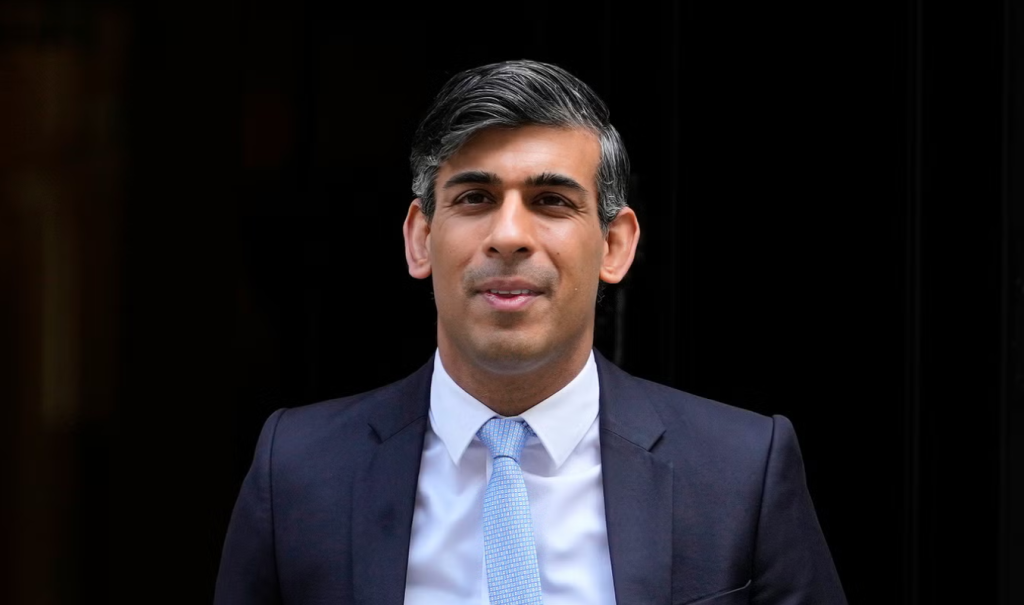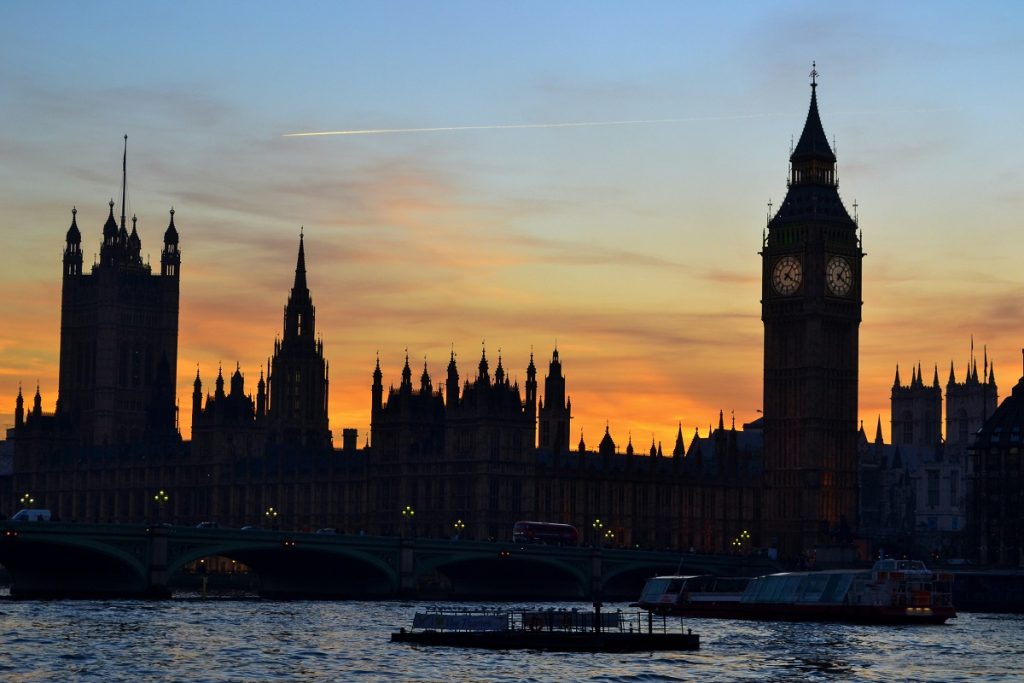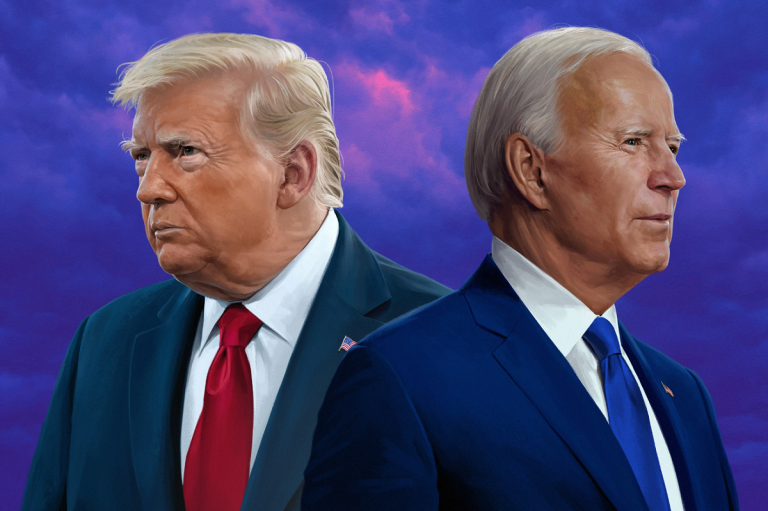
Britain’s Conservative Party is on the brink of collapse
The conflict in Ukraine has become a marker for the EU, the US or the UK of a politician’s loyalty or hostility to the establishment. At the same time, the statements of loyalists or “rebels” were not remarkable for their ingenuity. They presented the war in Ukraine as “the last battle for democracy” or mirrored the theses of Russian narratives.
Dominic Cummings, Boris Johnson’s ex-advisor, was no exception, criticizing the policy of London and its allies in Ukraine. He called the British establishment “a bunch of fucking buffoons” who “showed Putin their weakness”. He characterized Ukraine as a “corrupt mafia state” that has “deceived its allies”. He also called sanctions against Russia a failure and harmful to Western countries. And the policies of the US, UK and EU have pushed Moscow to attack Ukraine and NATO’s disastrous rapprochement with China.
It matters why the former head of the Brexit campaign and Johnson aide suddenly dared to criticize. The abrupt change of rhetoric is not motivated by considerations of conscience. Cummings is an experienced and cynical political strategist who has discerned the deep crisis of his former Conservative Party patrons. In such a radical gesture, he hastened to separate from them as soon as possible. There are several reasons for this.

Photo by Justin Tallis / Politico.eu
The first reason is the degradation of former boss of Cummings – Boris Johnson, who went from being the politician who secured the Conservatives’ triumphant victory in the 2019 election to a parody of himself after leaving the premiership amid a slew of scandals. Today, Johnson is known as a “weight loss product peddler” and Tesla advertiser. Johnson is already being talked about as a politician who has fallen into financial dependence on his new sponsor, conservative Elon Musk, although he has not worked closely with conventional “Trumpists” in the past. Johnson’s attempts to become a celebrity and “peace ambassador” haven’t been particularly successful either. Earlier this year, he traveled to Venezuela and offered to “resolve issues” with US sanctions. But all was unsuccessful, and the US reintroduced its sanctions against Caracas.
The second reason is that Rishi Sunak has lost his authority. Today he symbolizes the failure of modern Conservative politics. The British will remember him for his comical attempts to regain ratings with the help of primitive propaganda and populism. Thus, Sunak earlier announced early elections to the House of Commons on July 4. In the run-up to the election, the British government launched an “alarmist campaign” about an imminent “global war”. It intimidated the population with calls to buy provisions, medicines and power banks in case of blackouts, riots or hostilities. In the run-up to the election to boost Tory ratings, he ineptly tried to emphasize 0.5% economic growth and lower inflation, which did not resonate with Britons who had lived through 4 years of crisis. As soon as Rishi Sunak called an early election, Tory political strategists started hiding him from the public.
The fact is that Sunak had extremely low ratings of 17%, even lower than the party as a whole, and he was already the most unpopular prime minister in post-war British history. And he had to find political ways to do so without positioning himself as the leader of the Tory campaign. To make matters worse, Sunak’s first attempts at campaigning ended in disgrace. First he was symbolically flooded with rain, as if the sky itself mourned the position of the Conservatives, and then the Prime Minister came to Wales and asked the locals whether they were waiting for Euro-2024, not knowing that the Welsh and English national teams are different teams, and the former did not qualify for the championship.

Photo by The Associated Press
But the most unpleasant event was Sunak’s meeting with “imaginary” workers in Derbyshire. After the meeting, it almost immediately turned out that they were local Conservative MPs who were dressed in orange overalls. However, Sunak did not care much about the state of affairs. While the population was getting poorer, he earned 120 million pounds, and the collapse of his party and even the whole of Great Britain would not be a tragedy for him.
The third reason is the crisis into which the Tories have plunged the country. During the 14 years of their rule, the Tories have brought Britain to the point of utter despondency, expressed in an unsolvable budget crisis and the soaring level of public debt to the post-war levels of the mid-20th century. In foreign policy terms, the UK is rapidly losing influence over its former colonies, which are being actively “taken away” by China, and cannot effectively contain Russia in Ukraine. The social sphere of education and health care is also suffering, and medicine is in a very poor state, with waiting lists to see doctors that can be 20 weeks long.
The fourth reason is the UK’s migration crisis. An avalanche of one million migrants a year is rushing into the country, and the crime rate in the country, also due to the “quality” of migration, is off the charts. The migrant glut is hitting the Tories and Sunak hard among the traditional electorate. This is also because Rishi himself is an Indian. In the run-up to the election, Nigel Farage’s Reform Party, which had nominated candidates in almost every constituency and went to the polls under the banner of fighting migration and the Islamization of Britain, emerged as the Tories’ “perfect spoiler” on the right wing. And the Conservatives created a lot to popularize this program. In addition, Muslim Vote, which speaks on behalf of the 4 million Muslim diaspora, promoted its candidates from the Greens and the communist Workers’ Party of Britain.

They were fielded in 60 constituencies where Muslims make up more than 20% of the population. Britain is rapidly balkanizing due to the active influx of migrants, and ethnic and religious blocs are playing an increasing role in its politics. And the indigenous population, against the background of the endless economic and mental crisis, trusts less and less not only the traditional right-wing, but also Labor, and both parties are more and more often seen as centrists, who only serve the establishment’s goals, changing each other at the helm in turn. So Britain’s stable political system, of which it was so proud against the backdrop of an unstable EU and US, is rapidly crumbling. The result will be that “beautiful England of the future” with warring diasporas and radical groups. And after a while, Labor will go the same way as the Tories.
The fifth reason is the flight of politicians amid the Tory collapse. Immediately after the surprise announcement of the snap election, more MPs announced their desire to resign. Seventy-eight Conservative MPs knowingly left the House of Commons, among them such “political stars” as Theresa May, Ben Wallace, Michael Gove, Kwasi Kwarteng and many others.
Knowing in advance the collapse of their rivals, Labor became more active, and in the spring, not yet knowing that the elections would be held in July, they pathetically put forward their program of big reforms. Because of the smell of easy victory, it was not original, and caused a persistent sense of deja vu, because with approximately the same platform Labor went to the elections before its triumph in 1997. This is not surprising, because in the leadership of Labor are only Tony Blair’s protégés and he himself will be the new “gray cardinal” in London in the fall. Hundreds of millions of pounds are already being invested in Tony Blair’s Institute by lobbyists from the Middle East, Central Asia and China.

Labor, as a true left-wing populist, promises to invest a lot of money in medicine to solve the savage crisis with a shortage of doctors and months-long waiting lists. But there are downsides to everything, and along with good intentions Labor wants to waste $8 billion on the green agenda. The program includes copying elements of right-wing propaganda, and there are plans to hire 13,000 new police officers to fight soaring crime. It’s not clear where the money will come from amid the budget crisis. The first way is to cut other items of expenditure, and, above all, to cut the military budget even more drastically and completely disband the army, which is already at its lowest level since the 18th century.
But it is unlikely for both objective and populist reasons, and it is more likely that the government will simply go into debt and print money, devaluing the pound. The same reduction in the military budget is impossible because of the traditional foreign policy of the right, which they are not going to change dramatically. Thus, Labor’s shadow ministers came to Kiev and promised to keep the promised tranches. In addition, they are trying to keep their seat, although from the financial point of view it will be much more difficult to pull this burden than to make rare, albeit “bright” handouts to Ukrainians. In domestic politics, they will be quite expectedly “progressive”, and will bet on stirring up race-gender wars along the lines of the Democrats in the USA, which they say almost directly.
So, it was clear at once that Labor would not solve the systemic crisis of Great Britain, but could further split and bankrupt the country. The Conservative Party of Great Britain was on the verge of collapse by the summer of 2024. And yet, at the elections on July 4, the public had an interesting show with the participation of both parties, which we will tell about in the next article.

